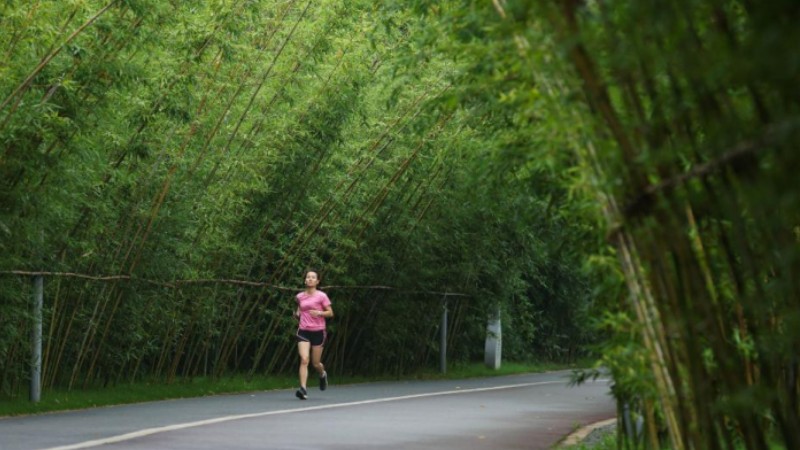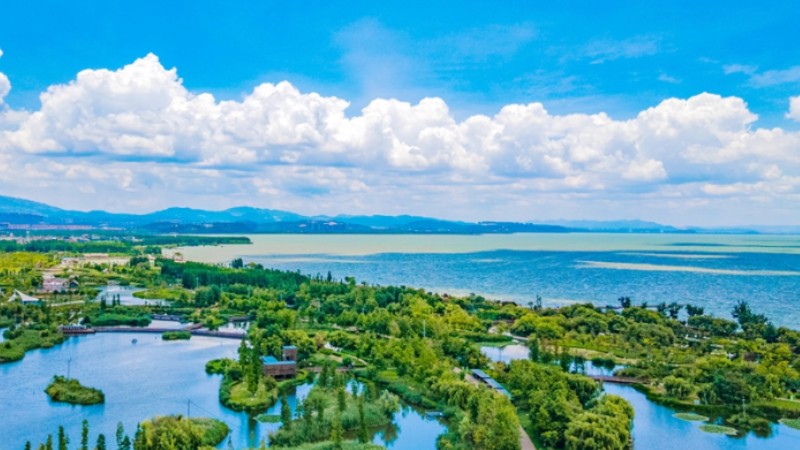HKSAR gov't vows fresh ban on Japanese aquatic imports over nuclear wastewater discharge
HONG KONG, July 12 (Xinhua) -- The Hong Kong Special Administrative Region (HKSAR) government on Wednesday announced plans to prohibit the import of aquatic products originating from 10 Japanese metropolis or prefectures once Japan commences the discharge of nuclear wastewater from Fukushima.
With the view to ensuring food safety and public health, and based on the precautionary principle, the ban will affect products from Tokyo, Fukushima, Chiba, Tochigi, Ibaraki, Gunma, Miyagi, Niigata, Nagano and Saitama.
Chan Kwok-ki, chief secretary for administration of the HKSAR government, and Tse Chin-wan, secretary for environment and ecology of the HKSAR government, on Wednesday met with Consul-General of Japan in Hong Kong Okada Kenichi and relevant Japanese officials, and reiterated to the Japanese side that the Japanese authorities should not discharge the wastewater from the Fukushima nuclear power station into the ocean unilaterally without the consensus of the international community so as to avoid bringing about irreversible impacts on the environment.
The discharge plan is unprecedented and would last for 30 years. The wastewater had direct contact with active raw materials of the nuclear reactor and thus contains a high concentration of radioactive substances. During this long period of time, if the purification system fails to operate effectively, it can pose significant risks to food safety and marine ecology. If the Japanese authorities have sufficient confidence in the treatment of the wastewater, they should seek suitable domestic use instead of discharging it into the ocean, thereby transferring the risk to the globe, according to a press release of the HKSAR government.
Hong Kong is a major export destination for Japanese agricultural, forestry and aquatic products. The HKSAR government will maintain the existing import control measures on certain food products against the five prefectures of Fukushima, Chiba, Tochigi, Ibaraki, and Gunma, since the 2011 Fukushima nuclear incident.
In the meantime, Hong Kong's food safety watchdog will continue enhancing the testing on imported Japanese food and timely adjust the corresponding monitoring work having regard to risk assessment. In fact, regulators have since mid-June expanded the scope of testing to cover all Japanese aquatic products and stepped up radiological tests on other processed food imported from Japan.
The Japanese government has been pushing for dumping the contaminated wastewater this summer from the Fukushima nuclear power plant, which was hit by a massive earthquake and an ensuing tsunami in March 2011.
The move has aroused strong opposition and doubts from Japan's fishing and civic groups, neighboring countries and South Pacific island countries, as well as the international community.
Photos
Related Stories
- Report on Fukushima's nuclear-contaminated water regretable: IAEA working group expert
- Pacific Islands Forum expert panelist criticizes IAEA's report on release of Fukushima nuclear wastewater
- Fukushima fishermen remain opposed to releasing nuke wastewater after IAEA report
- Some countries' silence on Japan's discharge plan raises eyebrows
- S. Korean city to expand radiation test on fish ahead of Fukushima wastewater discharge
Copyright © 2023 People's Daily Online. All Rights Reserved.









